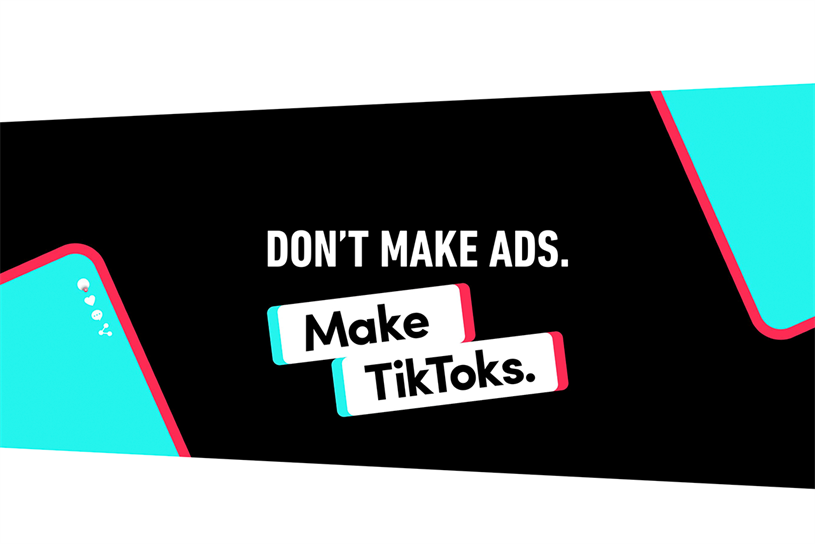How Do Influencer Marketing Agencies Get Paid?







Influencer marketing agencies play a crucial role in connecting brands with influencers, strategizing, and executing marketing campaigns that can significantly enhance brand visibility and engagement. Understanding the financial model behind these agencies is essential for brands considering influencer marketing as a part of their digital strategy. Let’s delve into the various compensation models that influencer marketing agencies typically use.
What is an influencer marketing agency?
An influencer marketing agency is a specialized service provider that connects brands with social media influencers to promote products, services, or messages. These agencies are experts in navigating the influencer landscape and have the tools and knowledge to identify the right influencers, manage campaigns, and measure their success.
By leveraging the trust and authority that influencers have built with their followers, influencer marketing agencies help brands to reach their target audience in a more authentic and engaging way than traditional advertising methods.
What are the types of payment models?
Influencer marketing agencies and the brands they partner with utilize a variety of payment models to compensate influencers for their collaboration. These models are designed to align the interests of all parties involved—ensuring that influencers are fairly compensated for their efforts, while also meeting the budgetary and campaign performance goals of the brands. Want to know more? Then read our guide about influencer marketing agency pricing.
From fixed fees to performance-based incentives, each payment model offers different advantages and is chosen based on factors such as campaign objectives, influencer reach, and the desired level of collaboration. Understanding these payment models is crucial for both brands and influencers to establish successful and mutually beneficial partnerships.
Commission-Based Model
The commission-based model is one of the most common ways influencer marketing agencies make money. Under this model, the agency earns a percentage of the campaign budget or the influencer’s earnings. This percentage varies but typically ranges from 10% to 30%. This commission incentivizes influencer agencies to create successful campaigns, as their earnings are directly tied to the campaign’s financial performance.
Flat Fee Model
Some agencies charge a flat fee for their services. This fee is agreed upon before the campaign begins and does not change regardless of the campaign’s success. The flat fee model is straightforward and provides brands with predictable costs, but it may not always align the agency’s incentives with campaign performance.
Retainer Model
The retainer model involves a brand paying a monthly fee to an influencer marketing agency for ongoing services. This model is beneficial for brands that have continuous influencer marketing needs. It ensures that the agency is available to manage campaigns, negotiate with influencers, and provide strategic advice on an ongoing basis.
Performance-Based Model
An increasingly popular pricing model is the performance-based model, where agencies are paid based on the achievement of specific campaign goals, such as sales, leads, or engagement metrics. This model aligns the agency’s compensation with the brand’s objectives, ensuring that the agency is motivated to create campaigns that perform well.
Hybrid (Fixed Rate + Performance Bonus)
Agencies make money with a combination of a fixed base pay and a performance bonus. Influencers receive a guaranteed payment for their participation and an additional bonus for meeting or exceeding certain performance benchmarks.
What factors influence the influencer marketing agency pricing?
Several factors influence how much influencer marketing agencies charge for their services. Understanding these factors can help brands and influencers negotiate fair terms that reflect the value provided by the agency.
Influencer reach and engagement
Agencies may adjust their fees based on the reach and engagement rates of the influencers involved in the campaign. Campaigns featuring high-profile influencers with large followings and high engagement rates are often more expensive due to the greater impact these influencers can have.
Agency expertise and reputation
The expertise and reputation of the influencer marketing agency also play a crucial role in determining its fees. Agencies with a proven track record of successful campaigns and strong relationships with top influencers may command higher fees.
Campaign complexity
The complexity of the campaign, including its duration, the number of influencers involved, and the required content, can significantly impact the agency’s fees. More complex campaigns require more resources and effort from the agency, leading to higher charges.
Additional services
Agencies that offer additional services, such as content creation, strategy development, and analytics, may charge more. These services add value to the campaign but require extra work from the agency.
What factors influence the choice of payment model for influencer marketing campaigns?
Several factors influence the choice of a influencer marketing agency and their payment model for influencer marketing campaigns, and these factors can determine which model is the most appropriate for a particular collaboration:
Campaign goals
The primary objectives of the campaign, such as brand awareness, lead generation, or direct sales, can dictate the payment model. For instance, performance-based models might be preferred for sales-driven campaigns.
Budget constraints
The brand’s budget for the campaign can limit the payment options. A fixed fee model might be more predictable for budgeting purposes, while a commission-based model might be more flexible.
Campaign duration
Longer-term collaborations might benefit from a retainer or fixed fee model, while short-term or one-off campaigns might use a cost-per-post or performance-based model.
Influencer’s reach and engagement
The size of the influencer’s following and their engagement rates can impact the payment model. Influencers with a larger, more engaged audience may command higher fees or prefer fixed rates.
Tracking and measurement capabilities
The ability to accurately track and measure the results of an influencer’s efforts can influence the payment model. Advanced tracking capabilities enable performance-based models, while less precise tracking might necessitate fixed fees.
We'll show you how to start powerful conversation, drive social engagement, build your brand, hit sales targets or meet other goals you have, wherever you are in the world.
Work with us






















